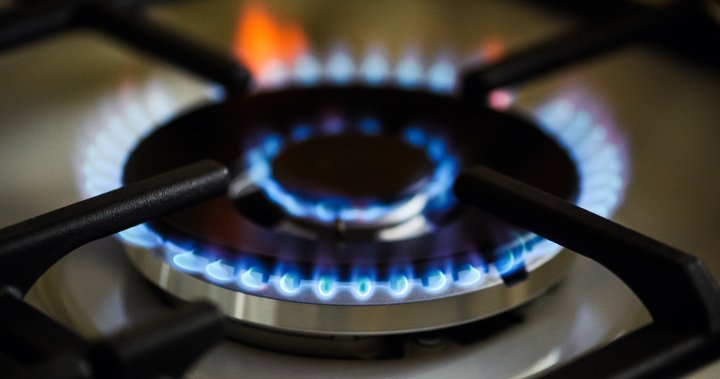
Gas stoves can leak cancer-causing chemical, even when turned off, study shows
Global News
Findings of a new study add to a growing body of research that indicate gas stoves may be hazardous for your health and the environment.
Gas stoves in California homes are leaking cancer-causing benzene, researchers found in a new study. Their findings add to a growing body of research that indicate that gas stoves may be hazardous for people’s health as well as the environment — and it’s not just affecting people in California.
In the study, published in Environmental Science and Technology on Thursday, researchers collected samples of gas from 159 homes in different regions of California and measured what types of gases were being emitted into homes when stoves were off. They found that all of the samples they tested had hazardous air pollutants, like benzene, toluene, ethylbenzene and xylene, all of which can have adverse health effects in humans.
Of most concern to the researchers was benzene, a known carcinogen that can lead to leukemia and other cancers and blood disorders, according to the National Cancer Institute. Benzene was also the culprit behind a mass recall of dry shampoo products after Health Canada found “potentially elevated levels” of the chemical in some products.
According to the World Health Organization, there is no safe level of benzene exposure and Health Canada recommends that Canadians reduce their exposure to it as much as possible.
“Just having a gas stove in your kitchen can create benzene concentrations comparable to the benzene found from secondhand smoke,” said Eric Lebel, the study’s lead author, in a press briefing. Lebel noted that benzene was detected in households regardless of what gas provider or brand of appliance they were using.
“What our science shows is that people in California are exposed to potentially hazardous levels of benzene from the gas that is piped into their homes,” said Drew Michanowicz, a study co-author and senior scientist at PSE Healthy Energy, an energy research and policy institute. “We hope that policymakers will consider this data when they are making policy to ensure current and future policies are health-protective in light of this new research.”
Michanowicz was also involved in a similar study investigating air pollutants from gas stoves in Boston homes and found similar results, except California had much higher concentrations of pollutants.
“We think it has something to do with where the gas is being sourced from,” said Lebel, though researchers are unsure why the concentrations are so varied between locations. “California has two major pipelines where it imports gas from: one coming from the Rockies and then one coming in from the north from Canada.”












